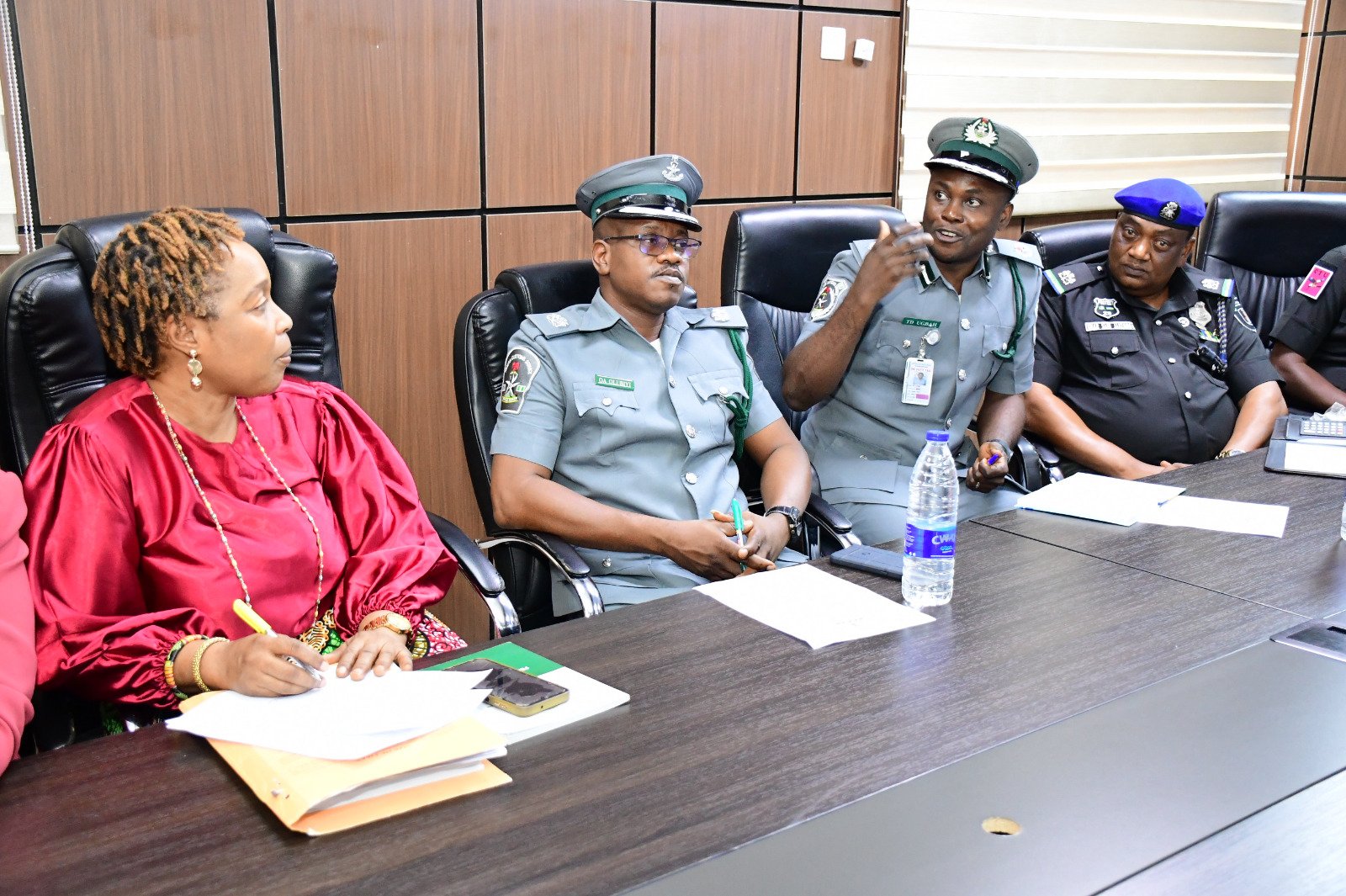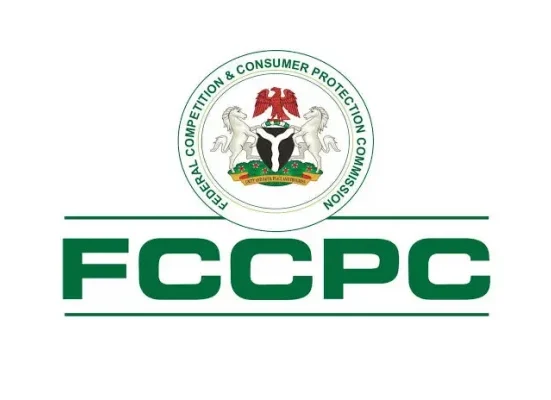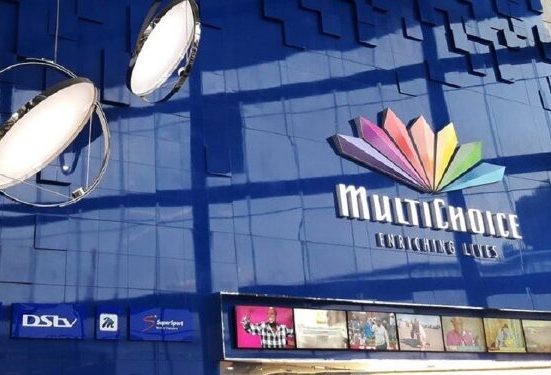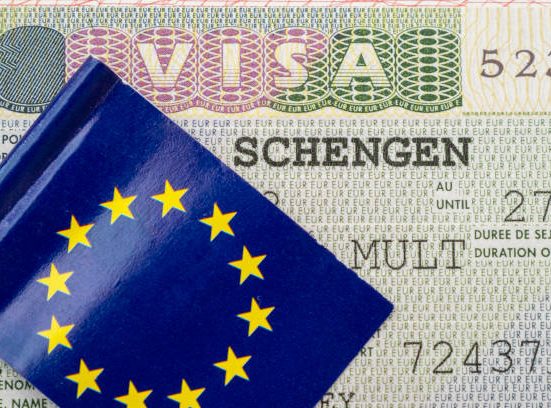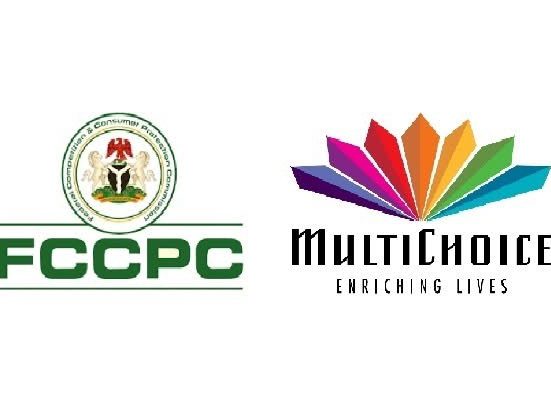In a strategic move to strengthen consumer protection and rid Nigeria’s markets of substandard and counterfeit goods, the Federal Competition and Consumer Protection Commission (FCCPC) has inaugurated a multi-stakeholder committee to drive the development and implementation of the National Traceability and Verification Portal.
The initiative, unveiled on Tuesday at the Commission’s headquarters in Abuja, is aimed at establishing a digital framework that will enable the tracking, verification, and authentication of products across supply chains nationwide, a critical step in curbing the circulation of fake goods that endanger lives and undermine economic productivity.
According to the Acting Executive Vice Chairman of the FCCPC, Dr. Adamu Abdullahi, the traceability portal is a direct response to the alarming rate of counterfeit products flooding Nigerian markets, especially in sectors such as pharmaceuticals, electronics, food and beverages, and household consumables. He described the new committee as a crucial driver of the agency’s long-term vision to institutionalize consumer confidence and market integrity.
“The era of unverified goods slipping through the cracks of our regulatory system is nearing its end. With this traceability platform, we are laying the foundation for a transparent marketplace where consumers can verify the authenticity of what they purchase, from production to point of sale,” Dr. Abdullahi said.
The committee, which comprises representatives from key regulatory bodies, private sector players, technology experts, and consumer rights advocates, will be responsible for designing an interoperable portal that integrates seamlessly with existing databases, barcode systems, and import verification tools. It will also establish protocols for onboarding manufacturers, importers, and distributors into the system.
Dr. Abdullahi emphasized that the portal, once operational, will enhance the Commission’s enforcement capabilities by providing real-time data on product origins, batch numbers, and distribution patterns, thereby aiding swift recalls, enforcement actions, and regulatory audits.
He further disclosed that the Commission will work closely with agencies such as the National Agency for Food and Drug Administration and Control (NAFDAC), the Standards Organisation of Nigeria (SON), and the Nigeria Customs Service (NCS) to ensure robust cross-agency collaboration and data sharing.
Counterfeit goods remain a major challenge in Nigeria, not only endangering consumer health and safety but also costing the economy billions in lost revenue and eroded investor confidence. The launch of the National Traceability Portal is expected to be a game changer, giving consumers power to verify goods before purchase through QR codes or mobile verification platforms.
The committee is expected to submit its initial framework within the next 90 days, paving the way for a pilot rollout of the portal by the end of the year.

